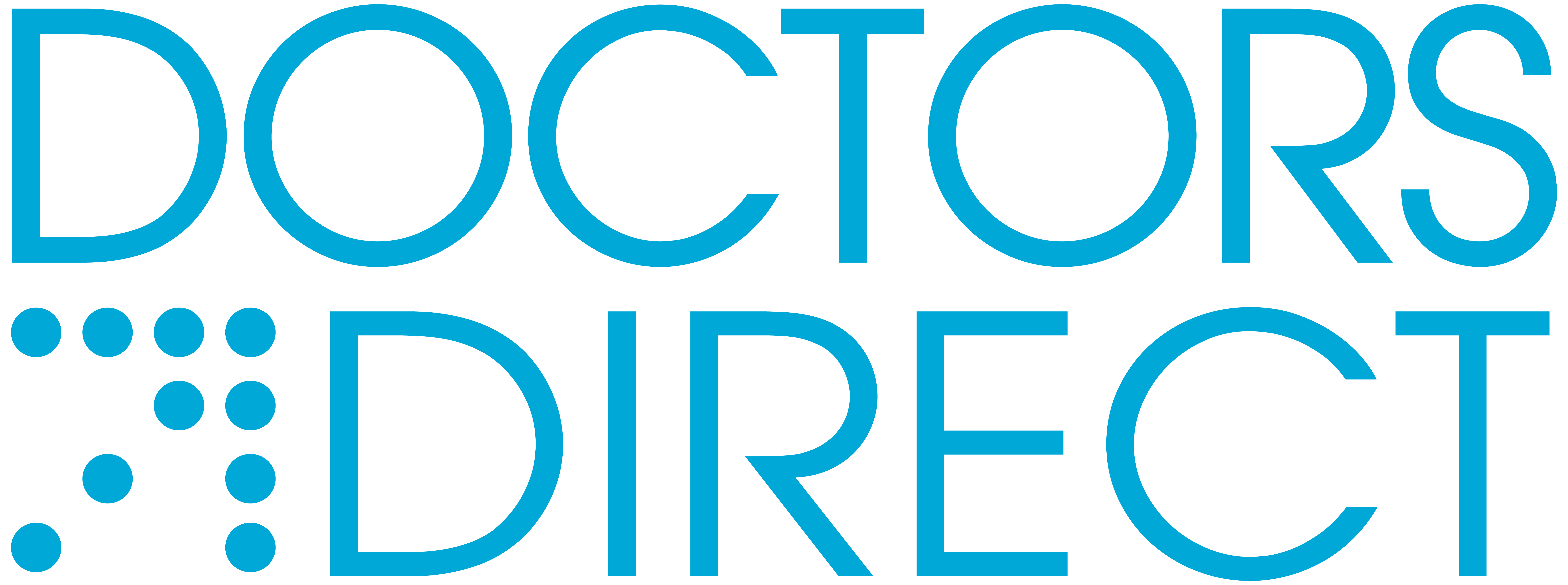|
|
 |
Health and Wellbeing Hub |

World Menopause Day is held every year on the 18th October with the purpose of raising awareness of the menopause and the support options available for improving health and wellbeing.
Menopausal brain fog is a term used to describe a group of symptoms that begin to happen around the time of the menopause for women. These include:
Brain fog may be caused by the rising and falling hormone levels, in particular oestrogen, however symptoms should improve post menopause.
While menopausal brain fog can often be mild an improve with time, there are several things you can do to help ease the symptoms:
If you, or anyone you know is experiencing Perinatal mental health (PMH) problems we have access to support and further information for you. PMH occurs during pregnancy or in the first year following the birth of a child.
Having a baby is a big life event and it is natural to experience a range of emotions during pregnancy, after giving birth or as a partner of someone who is about to or has recently given birth.
If you or anyone you know is experiencing any difficult feelings that start to have a big effect on day-to-day life, you can find access to support available below or reach out to our dedicated HR team on FWHR@NHSProfessionals.nhs.uk.
Family Lives (confidential support, information and advice)
Home Start (offers a service which pairs you with a volunteer who visits you to offer practical and emotional support)
NCT (runs courses for new parents and has a membership that runs activities and social groups)
Netmums offers information on both a national and local level. Gives details of local resources such as child friendly cafes and childminders.
Post Natal Illness - real help from real women
As someone who works in a healthcare setting, it can be easy to prioritise the health and wellbeing of others over the health and wellbeing of yourself.
Over time, this mindset can become a deep-rooted habit, unless we take a mindful step back occasionally to ensure we have a healthy work life balance and recognise if you are close to burnout.
The Helpguide.org website lists the following symptoms of burnout:
We have created the 3 P’s, a simple three-step guide to assess your current situation and help you work out if you need to make a change to positively impact your work life balance, and mental health.
Take a moment to recognise what is causing stress or sadness, or any other type of negative feelings. We often don’t take the time reflect until usually there is a big life change, like the birth of a child, or the loss of someone close to us.
Pay attention to how you feel. Are you feeling anxious, depressed or even angry? Being aware of how you feel can help you decide what changes you need to make.
Reflect on what you could change and what is most important to you. It could be finding working hours that fit your schedule, taking regular breaks, or even taking time for a much-loved hobby.
It’s okay to prioritise self-care, set boundaries or ask for help.
As a valued Bank Member, make sure you are aware of the opportunities we provide including:
- so you can enjoy your free time, whether that be travelling, socialising or relaxing at home. Check out our partner Health Service Discounts, and their latest offers.
- with Whelthy you will gain unlimited access to nutritional advice, workouts, mindfulness and much more. Subscribe at the Whelthy website, and use code ‘HEROES100’ when prompted.
- if you are an NHS employee with a registered NHS email address you can sign up to access Headspace Plus at no cost to you.